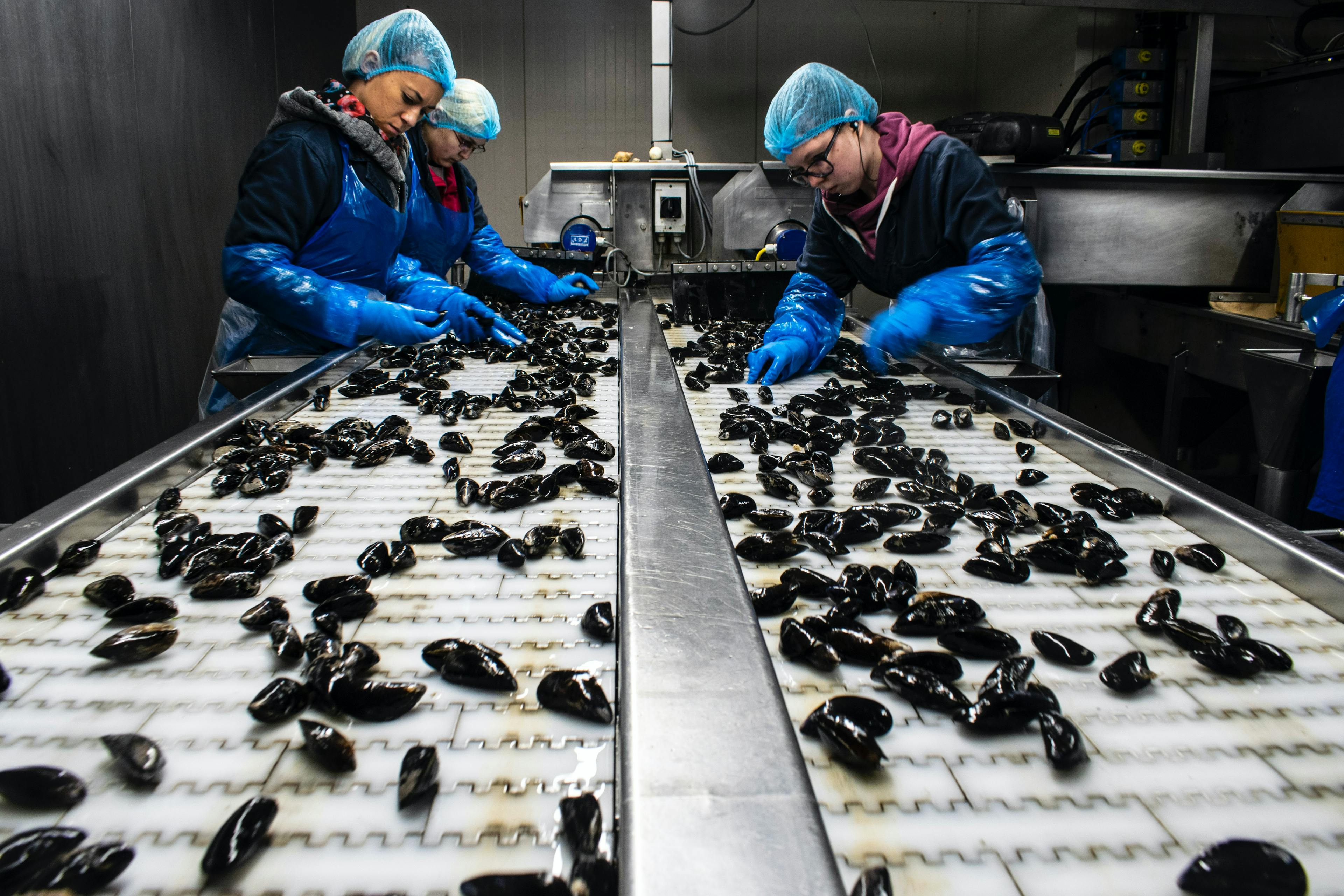
Modern slavery, a pervasive global problem, has thrust businesses to the forefront of addressing human rights abuses, forced labour, and exploitation. With New Zealand now in the process of formulating modern slavery legislation, it joins a growing movement of nations (including the USA, UK and Australia) recognising the urgency of combating this issue.
Why is this legislation required?
The 2023 Global Slavery Index estimates that on any given day in 2021 there were 50 million people globally, and 8,000 individuals in New Zealand, living in modern slavery. The legislation is essential to combat these human rights abuses, protect vulnerable populations, and ensure that businesses operating in or connected to New Zealand are held accountable for their supply chain practices.
This legislation will also serve to fulfil the requirements laid out in the EU and UK free trade agreements, demonstrating New Zealand's commitment to combatting modern slavery.
The legislation is essential to combat these human rights abuses, protect vulnerable populations, and ensure that businesses operating in or connected to New Zealand are held accountable for their supply chain practices.

What can we expect the New Zealand legislation to look like?
The proposed legislation (announced on July 28, 2023), is now anticipated to mirror many aspects of the current Australian legislation with key features including:
- Reporting threshold: Organisations with a consolidated revenue of NZ$20 million or more will be required to produce a modern slavery statement.
- Reporting requirements: Modern slavery statements will require subject organisations to report on;
— Their structure, operations and supply chains
— Risks relating to modern slavery in their operations and supply chains
— Risks relating to worker exploitation in their domestic supply chains
— The actions taken to prevent, mitigate and remediate those risks
— How they assess the effectiveness of those actions
— The process of consultation with other organisations it owns or controls - Sign off: These disclosures are to be hosted on a public register, and must be signed by the organisation’s governing body.
- Compliance: Penalties will apply for non-compliance, including for failure to submit a statement and for false or misleading statements.
- Timelines: The next phase includes drafting the legislation, which is expected to take until January 2024. The Bill will then be introduced to Parliament for debate.
Taking control of your supply chain risks means understanding where your sourced materials come from and the working conditions of the people involved in their production and supply.

What can businesses do to prepare?
It’s important to remember that changes to the way we procure and manage supply chains don’t happen overnight, and majority of companies are only just starting to think about these issues. Use this time as the draft legislation goes through the Parliamentary process to:
- Stay up to date: This draft legislation has already taken a few forms since its original public consultation; it is important you stay informed of the evolving framework and timeline for application.
- Commence engagement and training: Experience from Australia and the UK tells us that education is crucial for an organisation to address modern slavery effectively. It may be useful to start to introduce your company’s senior management, key internal teams (including HR, legal and procurement) and major suppliers to the concept, so that they are well placed to respond to the legislation when it arrives.
- Conduct a supply chain risk assessment: A range of tools are available to help companies identify likely hot spots and prioritise deeper analysis and activity on the areas within your company’s supply chains that present the biggest risk. Whichever method you choose ensure it is credible and data evidenced.
- Consider your data requirements: taking control of your supply chain risks means understanding where your sourced materials come from and the working conditions of the people involved in their production and supply. Obtaining this level of understanding will require engagement with supply partners; now is the time to consider what additional disclosure data you need from them (for example for emissions reporting) and how you can consolidate your requirements.
- Learn from others: Take advantage of the experiences and best practices shared by existing reporting entities in other reporting regions. You can find valuable insights by reviewing the annual disclosure statements available on the Australian Attorney General’s website. This can provide you with practical examples and guidance from your own industry for any upcoming reporting obligations.
The key is to start preparing early. Modern slavery is a complex issue, use this time to prepare your team to understand your inherent risks and how you can contribute to a world free from exploitation. Consult professionals to gain insights into the complexities relevant to your business and to design appropriate responses.
Note: The content of this article is intended for informational purposes only and should not be construed as legal advice. Consult with legal professionals to understand the specific obligations and requirements applicable to your business.
Reach out to David Maucor (david.maucor@edgeimpact.global) our New Zealand Regional Lead to have a chat about how we can support you to prepare for this key piece of legislation.






